MS-ETS1-2
Evaluate competing design solutions using a systematic process to determine how well they meet the criteria and constraints of the problem.
-
 Tech
TechThis crumb-sized camera uses artificial intelligence to get big results
Researchers have developed a camera the size of a coarse grain of salt that takes amazingly clear photos.
-
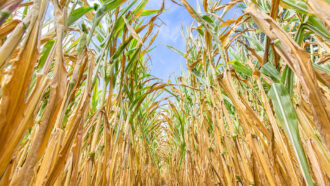 Life
LifeIn blazing heat, some plants open leaf pores — and risk death
When heat waves and droughts collide, water is precious. Some thirsty plants try to cool off by opening tiny pores — only to lose water even faster.
-
 Space
SpaceThe long-awaited James Webb Space Telescope has a big to-do list
The James Webb Space Telescope has been in the works for so long that new fields of science have emerged for it to study.
-
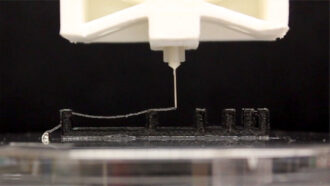 Materials Science
Materials ScienceAnalyze This: This material for 3-D printing is made by microbes
Bacteria with tweaked genes pump out proteins that can be used in a 3-D printer. With microbes in the mix, the living ink can make drugs or suck up chemicals.
-
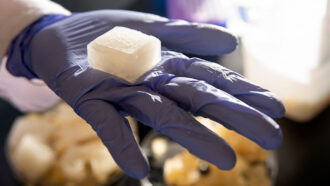 Chemistry
ChemistryCould reusable ‘jelly ice’ cubes replace regular ice?
These hydrogel “jelly ice cubes” are made mostly of gelatin and water. They won’t melt, even when thawed, and may provide new food cooling options.
-
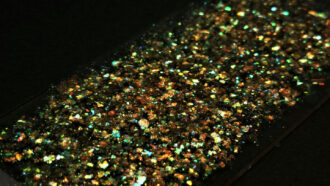 Materials Science
Materials ScienceThis glitter gets its color from plants, not a synthetic plastic
In the new material, tiny arrangements of cellulose reflect light in specific ways to create vibrant hues in an environmentally friendly glitter.
-
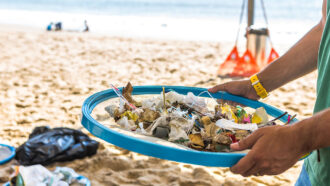 Environment
EnvironmentA new way to make plastics could keep them from littering the seas
Borrowing from genetics, scientists are creating plastics that will degrade. They can even choose how quickly these materials break down.
-
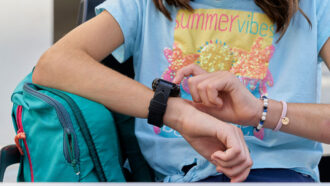 Tech
TechSomeday soon, smartwatches may know you’re sick before you do
Such an early detection of flu-like infections could tell you when to avoid others to limit the spread of disease.
-
 Physics
PhysicsFuture cars may offer personal sound zones — no earphones needed
Zones that offer each passenger personal listening are closer to reality. A new design improves performance by adapting to the conditions in your car.
-
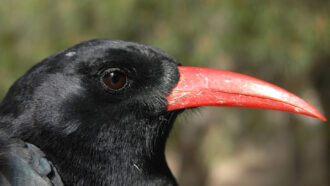 Humans
HumansResearchers role-played as Neandertals to learn how they hunted birds
By pretending to be Neandertals, researchers show that the ancient hominids likely had the skills to hunt crowlike birds called choughs.
-
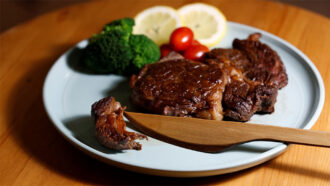 Materials Science
Materials ScienceAnalyze This: Hardened wood can make sharp steak knives
Researchers treated wood to make it hard and dense. Out of it, they carved sharp knives and nails that could substitute for ones made of steel.
-
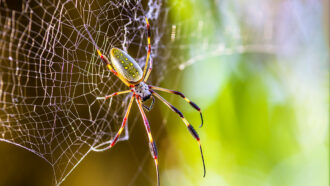 Materials Science
Materials ScienceBacteria make ‘spider silk’ that’s stronger than steel
Part spider silk, the material is better than what some spiders make. Researchers think it might make the basis for surgical threads or unusually strong fabrics.
By Manasee Wagh